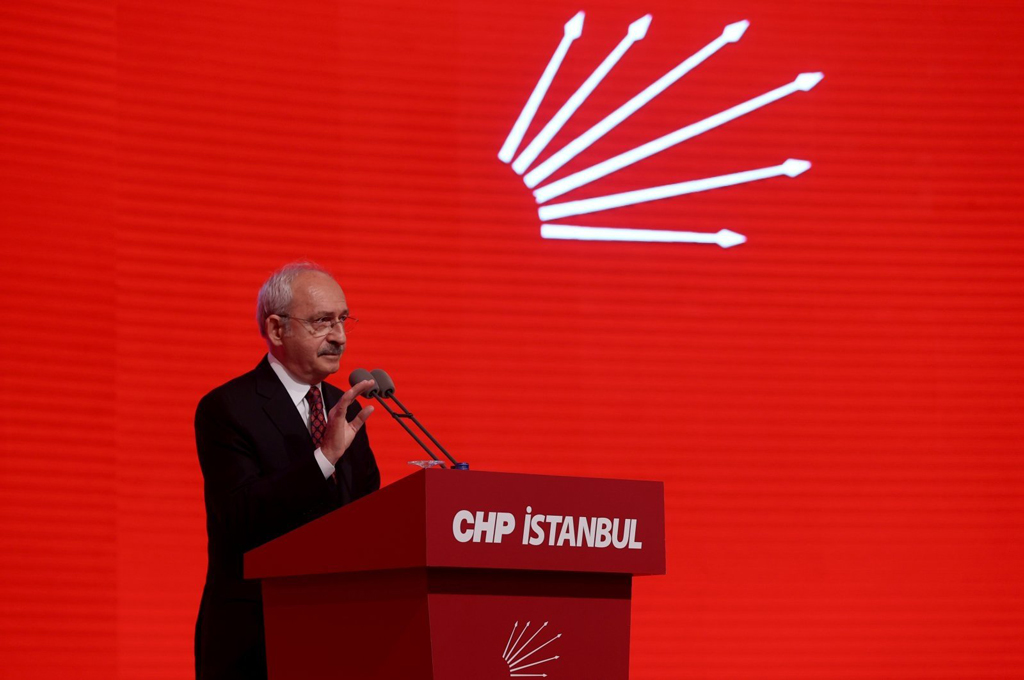
Turkish opposition's 'cocktail vision'
The presentations could not clarify how the CHP leadership intended to bridge the gap between neoliberal policies and popular recommendations, and amounted to fragmented peeks into its vision. In other words, it seemed like 'a cocktail'
Share
Republican People’s Party (CHP) Chairperson Kemal Kılıçdaroğlu unveiled his vision to the general public on Saturday. Featuring online presentations by the main opposition party’s American consultant and several academics, the ceremony felt like a workshop and failed to present a “coherent, plain and memorable” vision.
Indeed, Kılıçdaroğlu’s vision would have been more comprehensible, had the CHP elites spent some time on those academic presentations to present voters with a synthesis of the relevant proposals. Instead, the CHP leadership appears to have prioritized highlighting their consultants to give the impression that they have serious plans for the economy. Since I believe that the competition among vision documents contributes to our democracy, I will review the CHP’s vision today – as I analyzed the opposition bloc’s proposal for an “augmented” parliamentary system.
First and foremost, Kılıçdaroğlu’s vision lacks a motto. Unlike President Recep Tayyip Erdoğan’s idea of the “Century of Türkiye,” the main opposition party opted for “a call for the second century” – which is chronological and lacks ambition. Meanwhile, the presentations could not clarify how the CHP leadership intended to bridge the gap between neoliberal policies and popular recommendations, and amounted to fragmented windows into its vision. In other words, it seemed like "a cocktail."
To be clear, the main opposition party has been trying to transform itself for some time, itself becoming a kind of cocktail of discourses, visions and policy proposals. In a way, it cannot create a new leftist political framework as it focuses on appealing to various social groups. For example, the CHP cannot say anything progressive about income equality out of fear that they will alienate foreign investors and big businesses. Consequently, it fails to make new and ambitious policy proposals for the people.
Tags »
Related Articles








